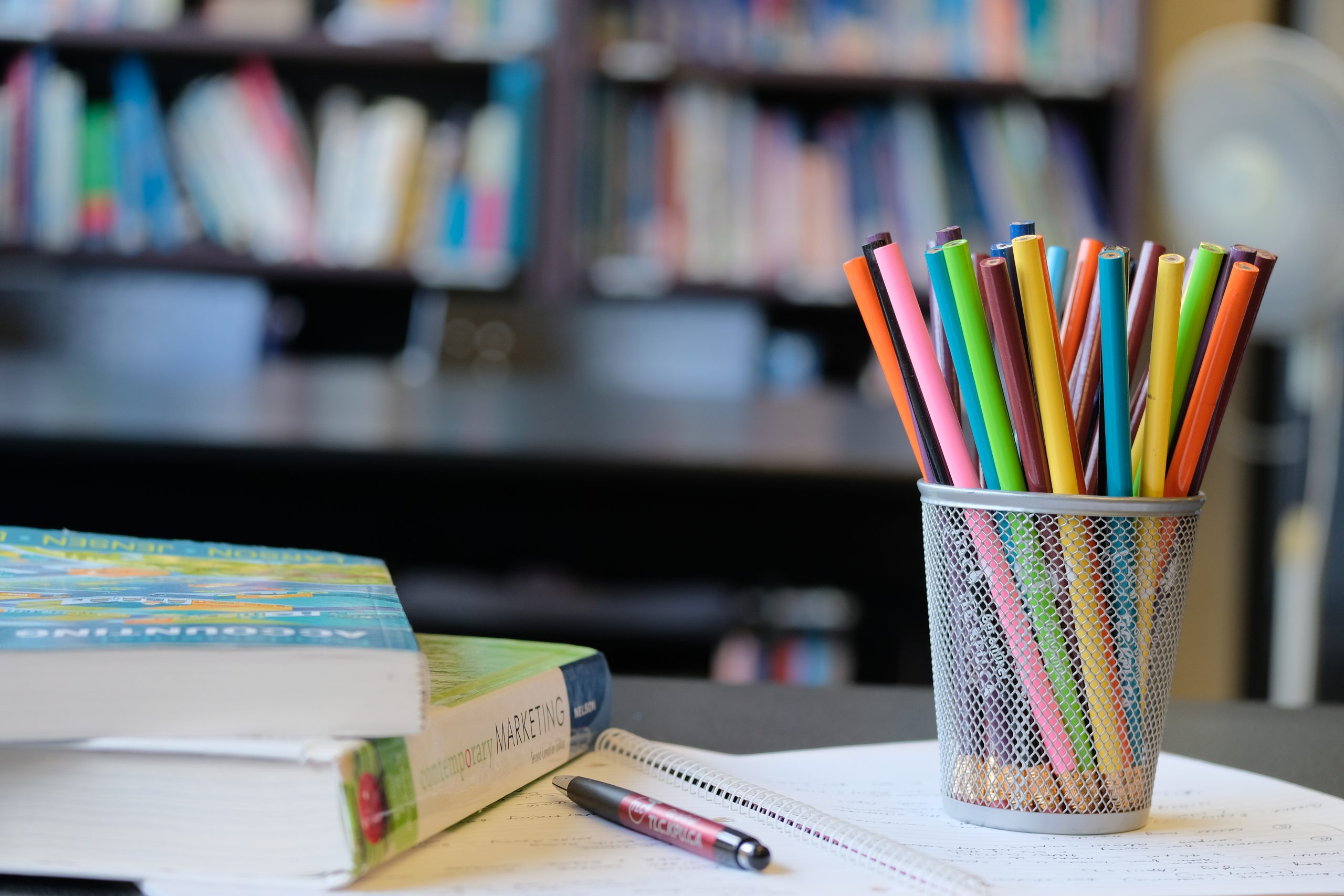16 Set Your Purpose for Reading Textbooks

You probably already know that you should read your textbooks. However, if you are like many students, reading textbooks might take second place to other priorities, such as attending class and completing assignments. Perhaps it may not seem clear how committing time to weekly reading will support you in achieving your learning goals. Consider the following reasons for committing to regular reading.
1. Reading Textbooks helps you get the most out of your class time. This is especially true if you are able to read your textbook before going to class. Why? Because if you are hearing a lot of material in lecture for the very first time, it can often be difficult to take good notes and understand how all of the concepts fit together. If you are able to read your textbook before you go to class, you will already have a general understanding of the most important topics in that unit. You will already know some of the key words, and you will have a good idea of what you already understand well and what you might not quite understand yet. That way, when you go to class, your instructor’s lecture will support and strengthen the things that you’re already starting to learn. You’ll be equipped to ask good questions and to participate well in class. Overall, you will get more out of the time you spend in class.
2. Most textbooks include some additional resources to help you study. These may include:
- Learning Objectives at the beginning of the chapter. These help you to know right away what are the most important things in the chapter, and what you should be able to do by the time you have finished studying this part of the course.
- Definitions and Glossaries: Often, textbooks will highlight new words. These might be at the side of every page, the words might be in bold, or the textbook might include a glossary of key terms.
- Study Questions and Practice Problems: If you are able to do a few of these every week as you go along in the course, you will be more prepared for exams. This is especially true in classes like accounting, math, or chemistry, where you are tested on how well you can solve problems.
- Online Videos and Quizzes: These can help you to review the key concepts in your class, and to strengthen your understanding of concepts that may be difficult for you.
3. Content from textbooks is often included on exams. In university, in addition to the time you spend in class, you are also expected to spend some time in independent study. Most instructors will include questions from the textbook on the exam, and these things might not have been covered in class. If you rely only on your class notes, you might miss some key concepts that you need to learn in your course.
4. You become a better reader by reading. Learning to read textbooks well prepares you to read other complex material that you will encounter throughout your studies and later on in your career. Reading efficiently is a skill that you will use throughout your life – not just in your current classes.

